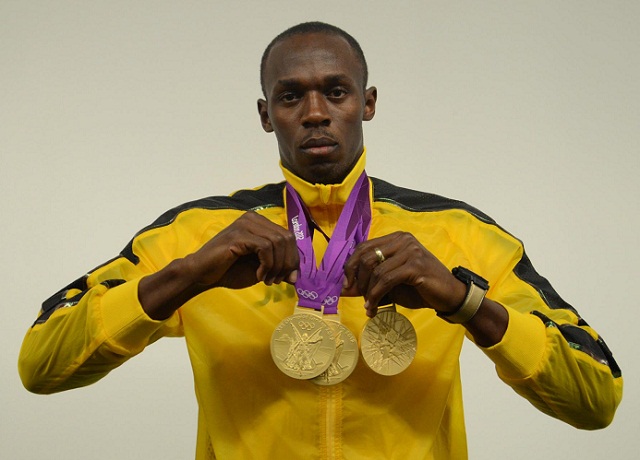FallingEdge
Member
http://www.realclearscience.com/jou...ll_as_supplements_after_a_workout_109157.html
Link to study
Damn straight. pwo Chick-fil-a all day baybee.
Link to study
After a strenuous workout, top athletes and everyday exercisers regularly reach for energy bars, protein powders, or recovery drinks, thinking that these dietary supplements provide boosts that normal foods do not.
A new study, however, finds that -- when it comes to exercise recovery -- supplements are no better than fast food.
The multi-billion-dollar sports supplement industry is a true behemoth. With catchy taglines and sparkling testimonials from top athletes, they've convinced millions of people to use their products. University of Montana graduate student Michael Cramer decided to find out if their claims of superiority stood the test of science, so he pit some of the most oft-used supplements, including Gatorade, PowerBar, and Cytomax "energy" powder, against a few of McDonald's most vaunted contenders: hotcakes, hash browns, hamburgers, and fries.
Cramer invited eleven highly trained male athletes to take part in the study. After fasting for 12 hours, all of them completed a rigorous 90-minute endurance workout. Subsequently, subjects assigned to fast food were given hotcakes, orange juice, and a hash brown, while subjects assigned to supplements were given Gatorade, organic peanut butter, and Cliff Shot Bloks. Two hours later, the fast food group consumed a hamburger, Coke, and fries, while the supplement group scarfed down Cytomax powder and PowerBar products. Two hours after their second meal, all subjects rode 20 kilometers on a stationary bike as quickly as possible.
Both the supplement and fast food meals were roughly equal in calories, carbohydrate, and protein, though, as one might guess, the fast food had much more sodium and slightly more fat. At various times, subjects underwent muscle biopsies and blood work to gauge blood glucose, lipid, insulin, and glycogen levels.
A week later, subjects came back into the lab and repeated the experiment, this time eating the diet they weren't assigned to previously.
Upon analysis, Cramer found that athletes completed the time trial just as quickly after eating fast food compared to supplements. Moreover, levels of muscle glycogen were actually higher for the fast food (FF) group than for the supplement (SS) group, though the difference was not statistically significant. Glycogen is a key energy source in muscles that's primarily replenished through carbohydrate intake. Think of glycogen as your muscles' fuel; when it's depleted, exercise performance suffers. Furthermore, Cramer found no difference in insulin, glucose, cholesterol, or triglyceride levels. Subjects reported equal amounts of stomach discomfort.
Though the research was solidly controlled, the findings are limited by the small number of subjects. Moreover, the results may not apply to less-trained individuals.
While it probably isn't wise to completely replace your post-workout supplements with chicken nuggets and cheeseburgers, there's little doubt that many exercise supplements aren't all they're cracked up to be. To the body, a simple carbohydrate is a simple carbohydrate, whether it comes from a pricey powder or a french fry. So if you're faced with choosing a Muscle Milk or a Happy Meal after a workout, don't feel bad about dining at the Golden Arches every once in a while.
Damn straight. pwo Chick-fil-a all day baybee.




